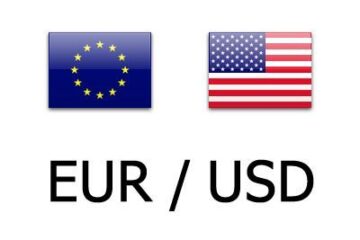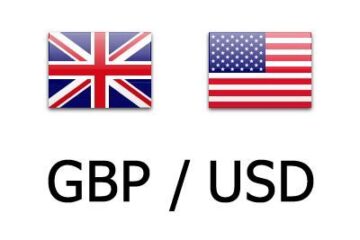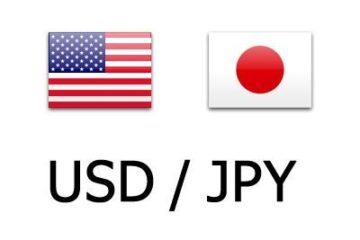In the early days of jet travel, the industry worked hard to create a “glamorous” image of flying and selected flight attendants based on strict and often arbitrary guidelines on appearance.
An old ad for United Airlines (UAL) – Get Free Report specifies that those applying for the role had to have weight “proportionate to height but no more than 135 pounds.” Other preconditions included not wearing glasses or being any older than 27. To enforce the weight requirements, some airlines even made their flight attendants step on a scale before each shift.
DON’T MISS: Another Major Airline Is Letting Male Flight Attendants Wear Makeup
While airlines still regularly catch negative publicity for outdated appearance requirements (low-cost airline Vueling was recently fined for requiring female flight attendants to wear a full face of makeup and high heels), the weight requirement can seem like something out of the very distant past.
Hainan Airlines
A ‘Weight Reduction Plan’ Could Be In Store For Some Airline Employees
This changed when, last week, Chinese airline Hainan Airlines updated its policy by introducing a flight attendant weight provision.
As first reported by local Chinese media, the fourth-largest carrier in the country wrote in words that would allow the airline to ground flight attendants whose weight surpassed the “standard limit.”
Any employee whose weight surpasses 5% of the average woman in China for her height will, according to policy, have it monitored regularly while those whose weight goes over 10% the standard could be put on a “weight reduction plan” and eventually grounded.
At a time when airlines are constantly tweaking uniforms in response to union calls for greater comfort, the policy change prompted a massive outcry on Chinese social media.
“A flight attendant’s] weight is none of my business,” read one of the most upvoted comments on Chinese social media platform Weibo.
Many also called monitoring employees’ weight so closely demeaning and a double standard for female attendants. Hainan defended the policy and said the weight requirement applies regardless of gender.
Hainan Airlines Defends Policy, Says It Wants To ‘Maintain A Good Professional Image’
“This is intended to advocate healthy living habits and maintain a good professional image and healthy physique by anchoring the reference target, rather than passively waiting for individual crew members’ physique to change significantly and then affect safety service work,” the airline told to CNN.
Personal weight has always been a controversial topic but recently became news in the airline industry when Air New Zealand (ANZFF) – Get Free Report announced that it would start asking passengers to weigh themselves before checking in for an international flight out of Auckland.
The key difference is that the request is part of a project helping the airline determine the total weight of passengers aboard for research purposes — weighing oneself is entirely voluntary and does not get shared with the boarding agent or even the passengers themselves but instead gets entered into an anonymized data pool — airlines themselves are subject to strict weight requirements and knowing total passenger weight accurately helps establish limits for things like additional checked and carry-on baggage.
In 2012, local Polynesian airline Samoa Air actually did try to charge higher prices to customers with higher body weight while calling it the “fairest way of travelling.” One’s fare was calculated by multiplying each kilogram of the traveler’s body weight by $2.40 in the local Samoan currency.
Unsurprisingly, the airline went defunct just a year after launching.


